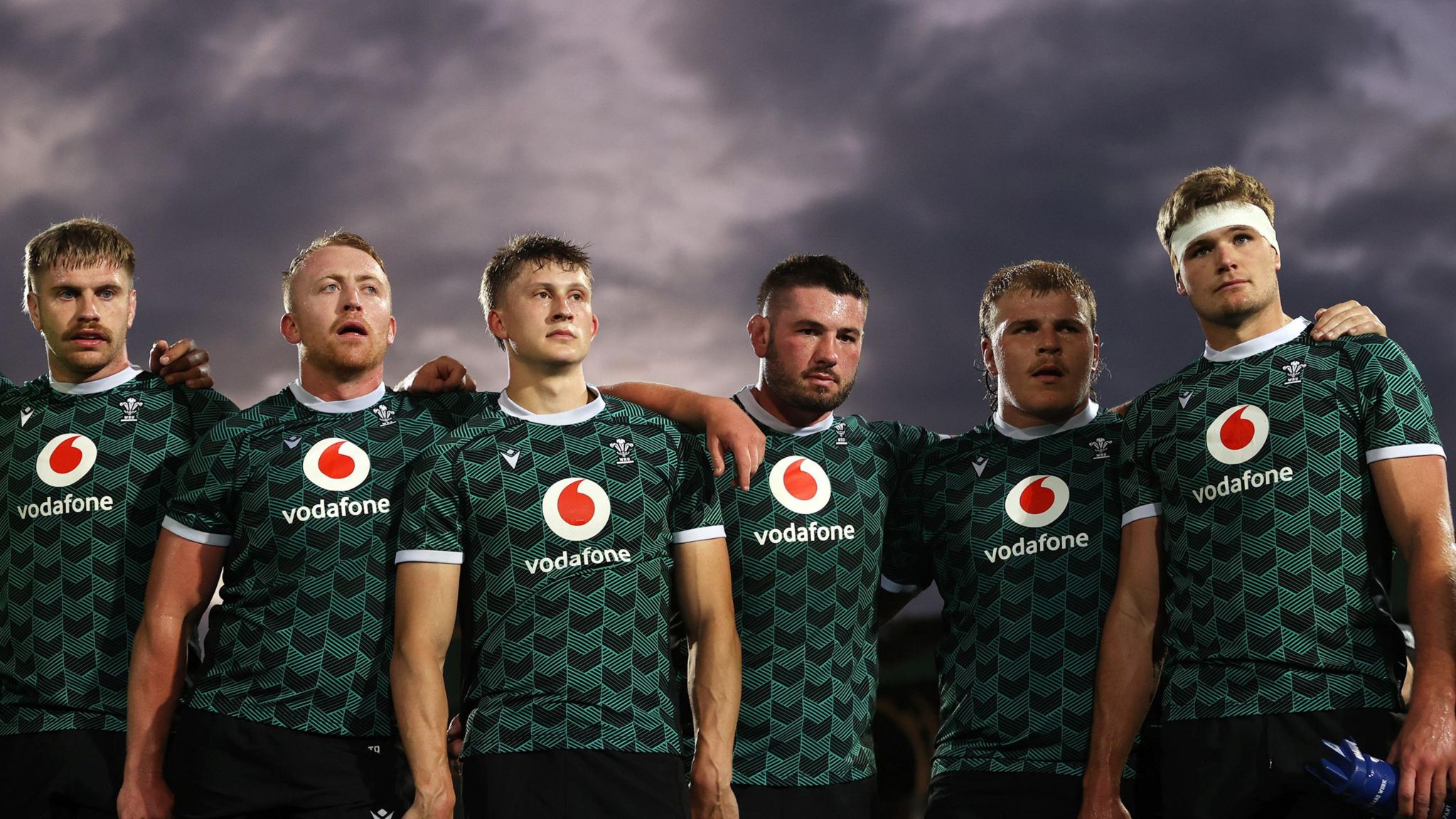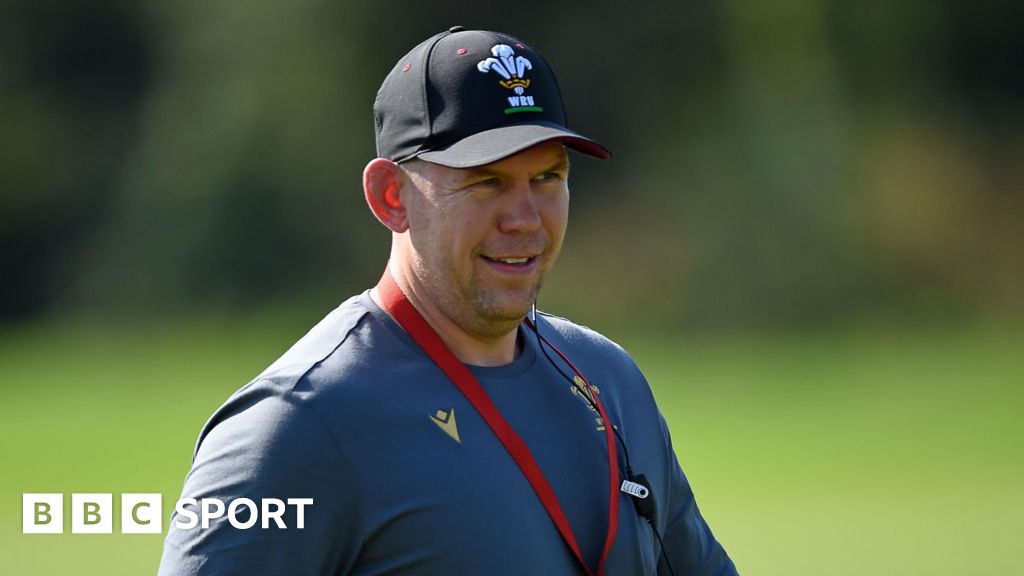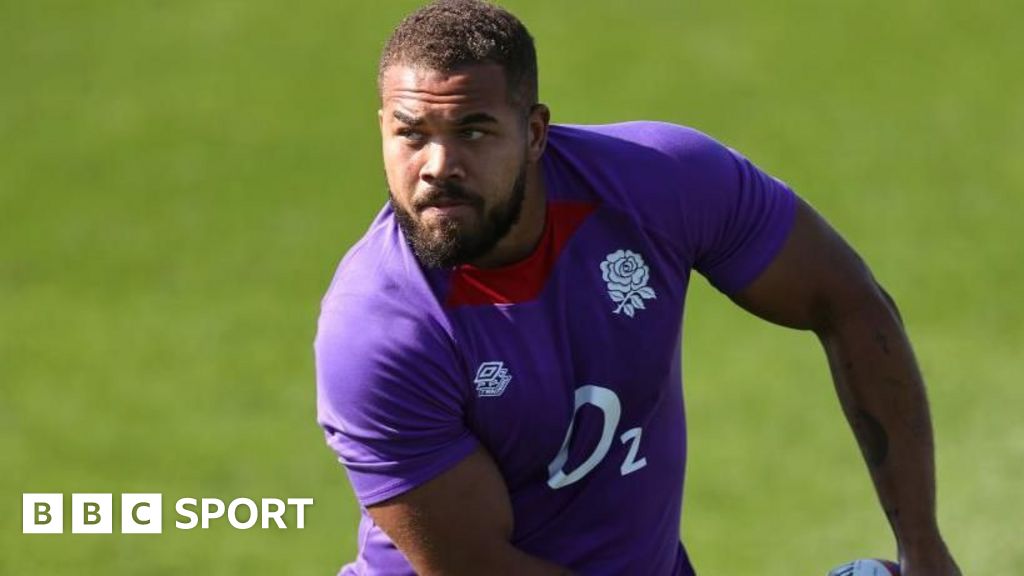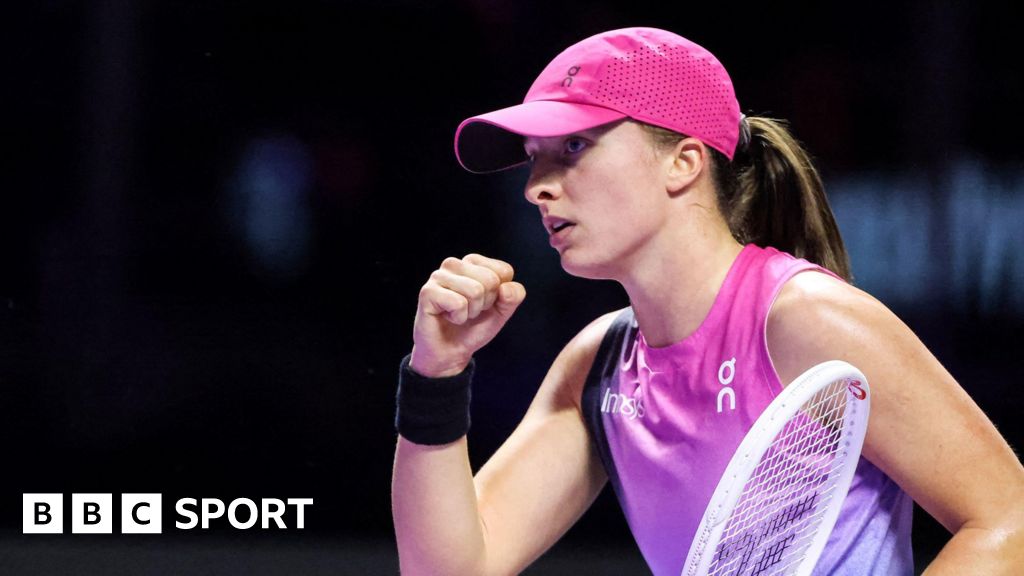ARTICLE AD BOX
 Image source, Huw Evans Picture Agency
Image source, Huw Evans Picture Agency
Wales players train under the grey skies of their base in north Sydney
Gareth Griffiths
BBC Sport Wales
Men’s international friendly: Australia v Wales
Venue: Allianz Stadium, Sydney Date: Saturday, 6 July Kick off: 10:45 BST
Coverage: Listen on BBC Radio Wales, Radio Cymru, BBC Sounds, the BBC Sport website and app, plus live text commentary, followed by report and reaction on the BBC Sport website and app.
Storm clouds and sunshine have dominated the spectacular Sydney skyline this week.
Winter has arrived in Australia's most iconic city, the weather proving hard to predict with dark clouds and blues skies regularly alternating.
With Australia and Wales looking to create a new dawn for the two troubled rugby nations, the changeable climate mirrors the uncertainty of what will happen when they meet in Saturday's Test match at the Allianz Stadium.
Wales have not toured Australia for 12 years and the expats are glad to see the return of some of their most revered fellow countryman.
That is evident, whether it be from members of the Sydney Welsh choir practicing at a community hall in the West Rye suburb on a Wednesday evening, or a special supporters pre-match meeting of the 'Welsh in Sydney' group in Taffy's at the Oaks pub in Neutral Bay.
History seems to be against both the hosts in the New South Wales capital and their visitors, and something has to give.
Australia have won just one game in Sydney in 12 attempts since the beginning of 2016, but Wales have not defeated the Wallabies in Australia in 11 matches since 1969.
That victory came at the Sydney Cricket Ground (SCG), next door to Saturday's venue where Wales head coach Warren Gatland hopes his side can repeat the success of 55 years ago.
Keeping Australian rugby relevant
'Poignant' cultural welcome for Wales squad in Australia
Talking to a range of figures this week, many observers refer to Australian rugby being in "dire straits".
Most cannot believe the Wallabies have been installed favourites against Wales.
Rugby union's relevance and a general apathy towards the sport in the country also provide concerns.
Crowned world champions in 1991 and 1999, the Wallabies hosted the 2003 World Cup when they lost to England in the final. Things have declined in the last 20 years since those glory days.
Watching an Australian television news broadcast this week gives an indication of where the two-Test series currently lies in the nation's sporting psyche.
The news anchor stated July was going to be a stellar month for Australia sporting fans, referencing the Olympics, Wimbledon and rugby league's State of Origin series decider in Brisbane. Little mention of the Wallabies hosting Wales.
It emphasises the battle rugby union has to compete with other seasonal sports like rugby league, Aussie Rules and football - although this is not a new phenomenon.
Instability in the sport has been prevalent on these shores. There were six Wallabies captains in 2023, and a regular turnover of chief executives and head coaches too in the last few years.
The effects of the disastrous 2023 World Cup campaign, with Australia failing to achieve quarter-final qualification for the first time, saw controversial head coach Eddie Jones resign, with chair Hamish McLennan also departing.
Financial issues have also arisen, with the Australian Rugby Union taking a £40m loan last year.
So Australia has to survive and rebuild as it becomes the centre of world rugby over the next few years.
They are welcoming the British and Irish Lions next year and hosting men's and women's World Cups in 2027 and 2029.
The revival needs to start soon, with this series viewed as potentially the beginning of a new era.
Restoring faith in Wales
‘Records are meant to be broken’ – Lake on Wales’ wait for a Wallabies win in Oz
There will be more high-profile two-Test series this summer, with Ireland's battle in South Africa and England travelling to New Zealand.
But the games in Sydney and Melbourne remain crucial for Australia and Wales as ninth plays 10th in World Rugby rankings.
The opposing sides are not quite at rock bottom but there has been a significant downward spiral in recent times.
There are striking similarities between Welsh and Australian rugby. Both nations have financial concerns, with question marks about the future of Welsh regions while Melbourne Rebels recently went bust.
The nations are struggling on both domestic and international stages and have enlisted the help of veteran, proven New Zealand coaches to help change flagging fortunes.
Wales, themselves, have travelled 12,000 miles aiming to salvage a disastrous 2024.
Gatland has led Wales to seven successive defeats which included finishing bottom of the Six Nations for the first time since 2003.
Captain Dewi Lake has emphasised their desperation for a victory to stop the losing rot.
The hooker has spoken about "writing a few wrongs" and "putting pride back in the jersey" after he recognises people "have fallen out of love with the squad".
A first Wales victory against the Wallabies in Australia for more than 50 years will help that process.
Familiar faces reunited
Image source, Getty Images
Image caption,Opposition coaches Joe Schmidt and Warren Gatland both played for the same side in New Zealand
The reunion of two grizzled Kiwi coaches leading different nations in neighbouring Australia has added spice.
The pair are former team-mates with Gatland admitting he thought Schmidt had retired after a stellar international career.
Schmidt steered Ireland to the top of the world rankings and then helped the All Blacks make last year's World Cup final where they lost to South Africa.
He was appointed by Australia in January to rebuild the team in the wake of Jones' turbulent tenure.
Schmidt has attempted to temper expectations by admitting "he had never been so unprepared", conceding he is still getting to know some players having only met them 12 days before the Wales Test.
He has already put his imprint on the squad by only picking Australian-based players, with Will Skelton, Marika Koroibete and Samu Kerevi missing out, while Mark Nawaqanitawase and Carter Gordon have been lost to rugby league.
Gatland returned to Wales for a second stint as head coach when he replaced Wayne Pivac in December 2022.
After his first 12-year period which yielded Six Nations and Grand Slams and two World Cup semi-final appearances, it has not gone as planned.
Second time around his record is only six wins and a worrying 13 defeats in 19 games, Gatland having inherited a squad that lost Alun Wyn Jones, Justin Tipuric, Ken Owens, George North, Dan Biggar, Leigh Halfpenny and Louis Rees-Zammit.
Throw in Taulupe Faletau, Tomos Williams and Adam Beard among the injury absentees for this tour and Josh Adams, Will Rowlands and Ryan Elias rested, and you get the youthful and inexperienced Wales side that has travelled down under.
New faces as old guard disappears
Wing Hathaway deserves Wales debut, says Gatland
That unproven factor applies to Australia too. Both teams are unrecognisable from September 2023, when Wales inflicted a record 40-6 defeat on the Wallabies - there are only three starting survivors on each side from that World Cup night in Lyon.
Schmidt has included seven new caps in his 23-man squad, the most Australian debutants for 44 years, with only five survivors from the team that played Portugal in October 2023.
That was Australia's last game, while Wales have been more active in recent times.
This schedule has included being knocked out of the World Cup quarter-final by Argentina, five defeats in the Six Nations and last month's loss to world champions South Africa at Twickenham.
Gatland will continue to blood new players this weekend, handing a debut to 20-year-old Gloucester wing Josh Hathaway and first starts to fly-half Ben Thomas and prop Archie Griffin.
The coach is asking Cardiff centre Thomas to switch positions to try and fill the venerated Wales number 10 jersey, while Mason Grady is also continuing in an unfamiliar midfield role, wearing the number 12 shirt.
It will prove a poignant moment for Bath prop Griffin when he packs down against 135-cap Wallabies opponent James Slipper.
In an intriguing twist of fate, Griffin, Welsh-qualified through his parents, comes back to the city where he was born almost 23 years ago.
Griffin and Gatland will be hoping the return is a happy one and those dark clouds will be swirling around the Wallabies on Saturday evening.

 4 months ago
25
4 months ago
25








 English (US)
English (US)